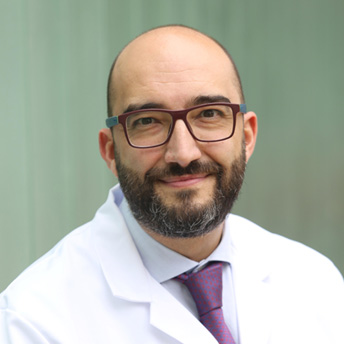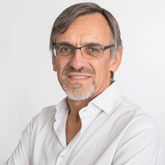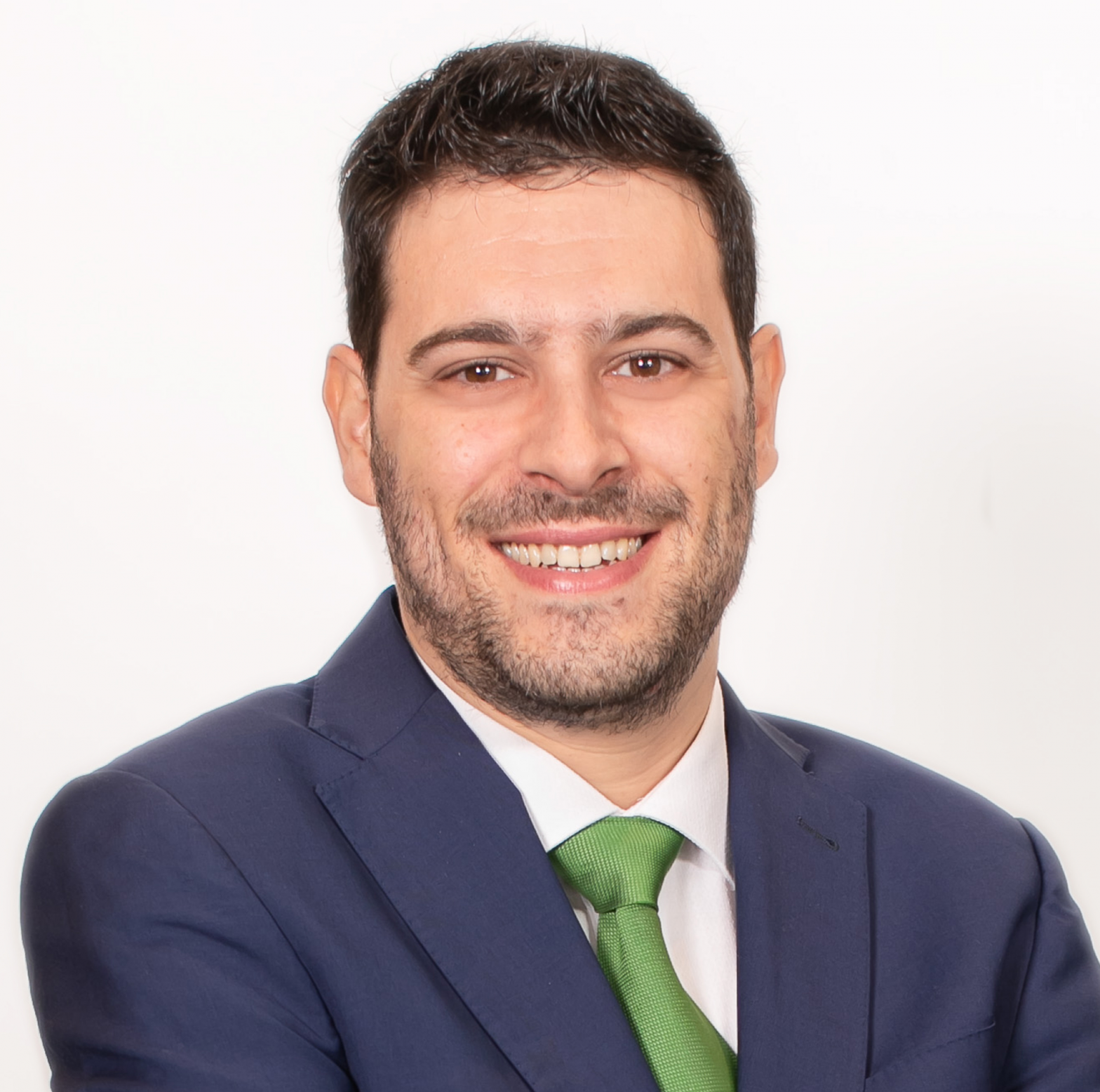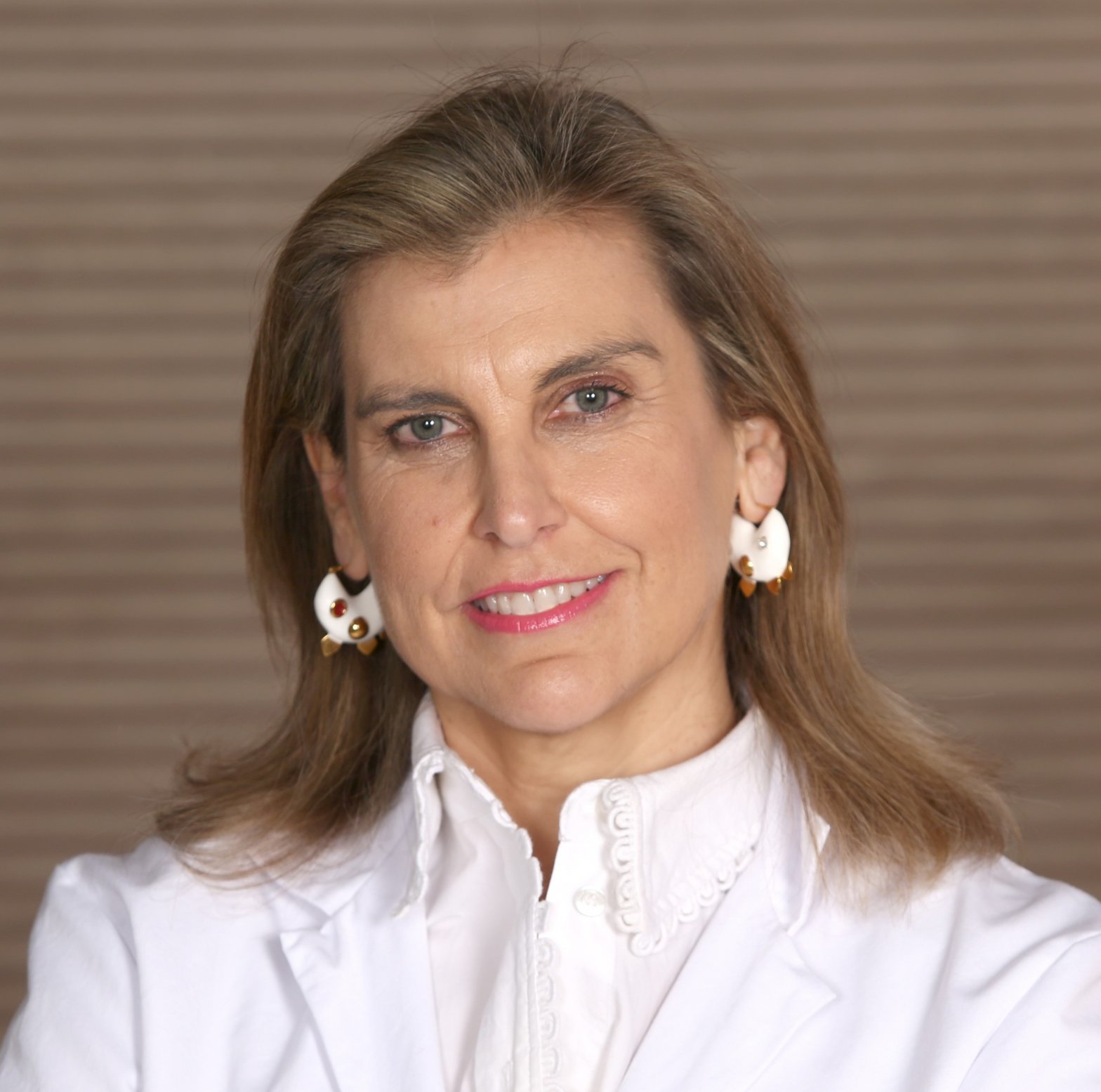
Urothelial Cancer Preceptorship
The therapeutic landscape for urothelial cancer has undergone significant transformation in recent years, with the addition of PD1/PD-L1 targeting immune checkpoint inhibitors and novel targeted and antibody-drug conjugates adding to the complexity of treatment options available for patients throughout the course of their disease. The optimal sequencing of treatments depends on an understanding of the relevance of different pathological subtypes of the disease and of the latest clinical evidence and guidelines that support the use of different therapies. In this 2-day ‘Urothelial Cancer Preceptorship’, which is an in-depth interactive program of didactic lectures, case discussions, and clinical research evaluation, attendees will receive a detailed grounding of the disease process and management from diagnosis through to salvage treatments of advanced disease. The course will enable clinicians who are involved in the management of patients with urothelial cancer to integrate the latest advances and use of novel therapies for advanced urothelial cancer into safe and effective patient care.
For more information and to register for this program, please contact: info_aceoncology@aceoncology.org
Faculty

Enrique Grande, MD, MSc, PhD | Chair
MD Anderson Cancer Center Madrid
Madrid, Spain
Enrique Grande is the current Director of the Medical Oncology Program at the MD Anderson Cancer Center Madrid. Dr. Grande is focused on the research into genitourinary tumors and is actively involved in collaborating on the development of the Translational Research and Early Drug Development Unit. Dr. Grande was awarded his PhD for a pharmacokinetic and pharmacodynamic study of tyrosine kinase inhibitors in liver metabolism, and he holds a master’s degree in the molecular biology of cancer from the Spanish National Cancer Research Center (CNIO). A published author of more than 200 manuscripts in peer-reviewed journals, Dr. Grande is also the founder of the Spanish group for research on orphan and uncommon tumors (GETHI). Dr. Grande is the editor of several international journals and has been the editor of a range of books related to oncology. Dr. Grande has participated in the most recent trials in the field of genitourinary and neuroendocrine tumors that led to the approval of the new drugs we now have available.

Francisco X. Real, MD, PhD
National Cancer Research Center
Madrid, Spain
Francisco X. Real (Paco) has been Professor of Cell Biology at Universitat Pompeu Fabra, Barcelona, Spain, since 2004, and he has also worked at Spanish National Cancer Research Center (CNIO), Madrid, Spain, since 2007. He obtained his MD from the Universitat Autònoma de Barcelona in 1980 and his PhD in 1986. He trained in Medical Oncology at Memorial Hospital in New York where he was a Staff Physician from 1986 to 1988. He carried out his doctoral and postdoctoral work in the laboratory of Lloyd J. Old at Memorial Sloan-Kettering Cancer Center. His work focused on the development of immunological strategies for the treatment of melanoma and epithelial cancers. In 1988, he joined the Institut Municipal d'Investigació Mèdica, Barcelona, where he focused on the cell and molecular biology of epithelial cancers. He was also involved in setting up the Biomedical Sciences studies at Universitat Pompeu Fabra.
At CNIO, Professor Real's group has made significant contributions to the molecular mechanisms involved in pancreatic cancer and in pancreatitis and the molecular pathology and epidemiology of bladder and pancreas cancer. His work combines the use of patient samples, cultured cells, and genetically modified mice, giving a similar relevance to all of them. One important aim of the group’s work is to bring the fundamental knowledge generated in the laboratory to an improved understanding of disease and to develop improved strategies for prevention, early diagnosis, and treatment of pancreatic and bladder cancer.
Professor Real has published more than 300 original papers and his work has been published in Nature, Nature Genetics, Nature Cell Biology, Nature Communications, Nature Reviews Cancer, Gut, Gastroenterology, PNAS, JNCI, J Clin Invest, N Engl J Med, and Lancet, among others. He has received more than 29,000 citations (Google Scholar); his H index is 96. He is a member of the Scientific Advisory Board of several institutions including the Discovery Research Committee of Cancer Research UK (London), Centre de Recherche des Cordeliers (Paris), CARPEM (Paris), Pancreatic Cancer Research UK (London), and Fonds National de la Recherche Scientifique (Brussels). He is an Associate Editor of Gut and Bladder Cancer. In 2015, he was President of the European Pancreatic Club.

Félix Guerrero-Ramos, MD, PhD, FEBU
Hospital Doce de Octubre
Madrid, Spain
Félix Guerrero-Ramos co-leads the Oncological Urology section at Hospital Universitario 12 de Octubre in Madrid, Spain, where he also performs several surgeries as a staff urologist. He is a Residency Programme Director at Hospital Universitario 12 de Octubre and also collaborates as an academic tutor for final year students from Universidad Complutense de Madrid (School of Medicine). In addition, Dr. Guerrero-Ramos is adjunct Professor of Medicine at CEU San Pablo University. He also has a private practice as the Head of the Oncological Urology Unit at HM Hospitales and ROC Clinic in Madrid.
Dr. Guerrero-Ramos obtained his MD from Universidad Autónoma de Madrid in 2008, followed by training as a urologist at Hospital Universitario 12 de Octubre. During his residency period, he completed an observership at University College Hospital in London, UK. He gained his fellowship from the European Board of Urology in Brussels, Belgium, in June 2014 and his PhD from Universidad Complutense de Madrid in December 2015 with a distinction “cum laude”; his doctoral thesis was titled “Comparative analysis of surgical complications in a programme of uncontrolled DCD kidney donation under normothermic preservation.”
Dr. Guerrero-Ramos’ research is mainly focused on urological oncology (especially bladder and kidney cancer). He is the Principal Investigator for several phase I/II/III trials in urothelial and renal cancer. He has been an invited speaker for national and international meetings and has also been the organizer and director of several courses, mainly focused on urothelial and renal cancer. He is the author or coauthor of over 45 scientific articles in peer-reviewed journals, over 100 communications in several worldwide congresses, and 12 book chapters.

Natalia Carballo, MD
MD Anderson Cancer Center Madrid
Madrid, Spain
Natalia Carballo is the current Head of Radiation Oncology at the MD Anderson Cancer Center in Madrid, Spain. She is also the Associate Professor of Radiation Oncology at MD Anderson Houston, Texas, USA, and at Universidad Francisco de Vitoria, Madrid.
Dr. Carballo focuses on thoracic and gastrointestinal oncology and has a particular interest in special techniques, including radiosurgery, extreme hypofractionation, and deep inspiration breath-hold (DIBH) technique. She is also the Principal Investigator for the National Cancer Institute (NCI)’s international program: “Cancer Moonshot Screening in Lung Cancer Research” and was the local organizer of the European Society for Radiotherapy and Oncology (ESTRO) 2021 congress in Madrid. Dr. Carballo is also involved with several Spanish boards and is an opinion leader in radiotherapy.
Thursday 30 March – Day 1
12:00-13:30 Registration and lunch
13:30-13:45 Welcome, introductions, aims and objectives
Enrique Grande, MD, MSc, PhD
13:45-14:45 What an oncologist needs to know about the pathology and biology of urothelial carcinomas
Francisco X. Real, MD, PhD
14:45-15:05 Challenges in non-muscle-invasive urothelial carcinomas: From guidelines to new clinical trials
Félix Guerrero, MD, PhD
15:05-15:25 Defining BCG-refractoriness in clinical practice: Case discussion
Félix Guerrero, MD, PhD
15:25-16:00 Coffee break
16:00-16:30 Local management of muscle-invasive bladder cancer (MIBC): The respective roles of surgery and radiotherapy
Félix Guerrero, MD, PhD and Natalia Carballo, MD
16:30-17:15 Setting the scene for systemic perioperative treatment of muscle-invasive bladder cancer: The battle between neoadjuvant vs. adjuvant approaches
Enrique Grande, MD, MSc, PhD
17:15-18:00 Caveats to the use of immunotherapy in the adjuvant setting
Enrique Grande, MD, MSc, PhD
20:00-22:00 Dinner
Friday 31 March – Day 2
08:40-09:30 Summarizing 4 decades of systemic treatment for urothelial cancer patients in 50 minutes
Enrique Grande, MD, MSc, PhD
09:30-10:00 Case scenarios to classify patients as eligible vs. ineligible to cisplatin and those ineligible to any platinum-based chemo
All led by Enrique Grande, MD, MSc, PhD
10:00-10:45 How can I make a difference in the treatment of urothelial cancers?
All delegates working in small groups
10:45-11:15 Coffee break
11:15-12:30 Guidelines vs. ‘Real Practice’? A case discussion series of different patient profiles
All led by Enrique Grande, MD, MSc, PhD
12:30-13:10 New drugs and mechanisms of action under development in urothelial carcinomas
Enrique Grande, MD, MSc, PhD
13:10-14:00 Presentation and discussion of delegates’ research proposals
Moderator – Enrique Grande, MD, MSc,PhD
14:00-15:00 Lunch
15:00 Tour of relevant facilities and departures
This activity is design designed for medical oncologists and urologists involved or interested in the management of urothelial carcinoma.
The aim of this educational activity is for participants to:
- Develop a greater awareness of the different molecular and pathologic subtypes of urothelial cancers and the role of prognostic and predictive biomarkers in patient management
- Appreciate the current and evolving treatment options for non-muscle-invasive bladder cancer (NMIBC)
- Become familiar with the indications and limitations of local treatments for MIBC
- Establish confidence and expertise in the selection and timing of systemic treatment options throughout the clinical course of locally advanced and metastatic urothelial cancers
- Develop strategies for the prevention and management of adverse events associated with the range of treatments used in the treatment of urothelial cancers
- Improve understanding of the important research questions in urothelial cancer and how these might be addressed
This educational activity is provided by ACE Oncology.
This educational activity is supported by an independent grant from the Healthcare business of Merck KGaA, Darmstadt, Germany.
The Faculty of Pharmaceutical Medicine has approved this event for CPD and allocated it 8.75 continuing professional development credits (CPD).
This activity provides content that is evidence-based, balanced, and free of commercial bias, with a primary objective to improve the competence and performance of learners in order to improve patient care.
